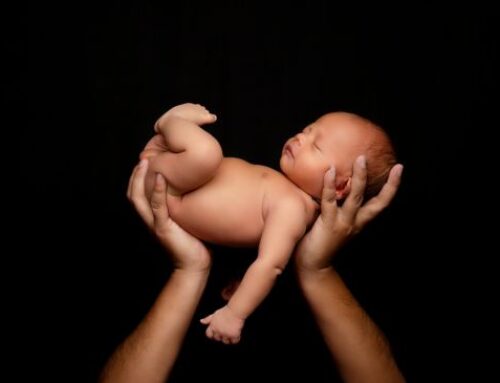The pro-life club at Capilano College in British Columbia is seeing a ray of hope as the B.C. Human Rights Tribunal decides to take on a complaint filed in June. Minerva Macapagal, president of the club, filed the complaint after pro-life students were twice denied club status, once in March 2006 and again last December. The club in waiting is called Capilano College Heartbeat.
In order to have privileges shared with all other campus clubs, groups must apply to the Capilano Student Union. Official clubs may put up posters for events, have access to free photocopying and can book rooms on campus for meetings and events, among other benefits.
The CSU became an officially “pro-choice” organization just before Macapagal made her first attempt to attain club status. A motion was put forward by a representative of the Womyn’s Centre to ensure this.
Macapagal feels strongly that, “It is imperative that we are on campus to provide vital information to our fellow students and a safe place for like-minded students to be able to congregate and discuss.”
After the second attempt was refused based on fear of taking away “a women’s right to choose,” Macapagal went for help from the B.C. Civil Rights Association and filed the complaint with the Human Rights Commission. She shares, “It worries me that the
Capilano Students Union executives, who are given positions of power by the students, deem it acceptable to act in such a way as to censor and silence their peers, mainly because their opinions are different.”
Despite the length of time between the denial of club status and filing of the complaint, Diane H. MacLean, tribunal member, stated that, “I am satisfied that Ms. Macapagal is alleging a timely continuing complaint … a repetition of separate acts of discrimination of the same character that occurred some eight month apart,” in court documents. The complaint was accepted on August 24, 2007.
When it became known that the B.C. Human Rights Tribunal would look into this complaint, many in the B.C. press took notice. The North Shore News, The Provinceand rhe Vancouver Sunall carried stories.
Macapagal was not expecting such opposition when she began the process of getting club status. But, she is “taking this struggle as an opportunity to strengthen (her) beliefs and foster an inviting atmosphere for dialogue and discussion, about important topics such as, but not only, abortion.”
While other pro-life students have met similar resistance from student government bodies and university adminsitrations – in 2006, the Carleton University Students Association denied official club status to Lifeline – the Capilano College students are the first to bring their complaint before a human rights tribunal.




